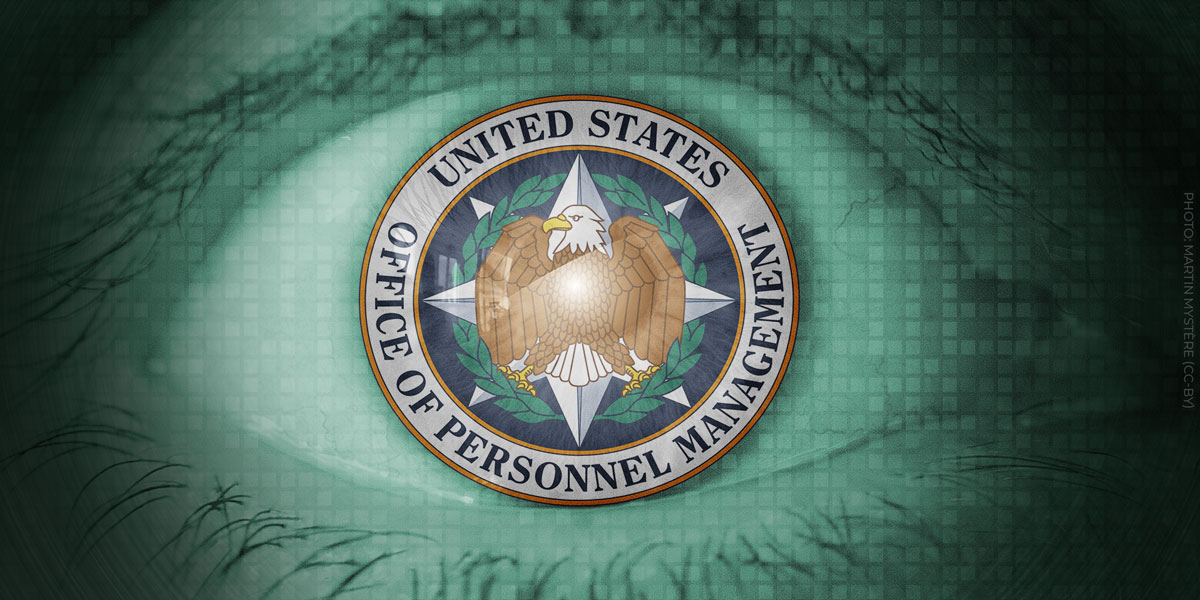NEW YORK—A lawsuit seeking to stop the U.S. Office of Personnel Management (OPM) from disclosing tens of millions of Americans’ private, sensitive information to Elon Musk’s “Department of Government Efficiency” (DOGE) can continue, a federal judge ruled Thursday.
Judge Denise L. Cote of the U.S. District Court for the Southern District of New York partially rejected the defendants’ motion to dismiss the lawsuit, which was filed Feb. 11 on behalf of two labor unions and individual current and former government workers across the country. This decision is a victory: The court agreed that the claims that OPM illegally disclosed highly personal records of millions of people to DOGE agents can move forward with the goal of stopping that ongoing disclosure and requiring that any shared information be returned.
Cote ruled current and former federal employees “may pursue their request for injunctive relief under the APA [Administrative Procedure Act]. … The defendants’ Kafkaesque argument to the contrary would deprive the plaintiffs of any recourse under the law.”
“The complaint plausibly alleges that actions by OPM were not representative of its ordinary day-to-day operations but were, in sharp contrast to its normal procedures, illegal, rushed, and dangerous,” the judge wrote.
The Court added: “The complaint adequately pleads that the DOGE Defendants ‘plainly and openly crossed a congressionally drawn line in the sand.'”
OPM maintains databases of highly sensitive personal information about tens of millions of federal employees, retirees, and job applicants. The lawsuit by EFF, Lex Lumina LLP, State Democracy Defenders Fund, and The Chandra Law Firm argues that OPM and OPM Acting Director Charles Ezell illegally disclosed personnel records to DOGE agents in violation of the federal Privacy Act of 1974, a watershed anti-surveillance statute that prevents the federal government from abusing our personal information.
The lawsuit’s union plaintiffs are the American Federation of Government Employees AFL-CIO and the Association of Administrative Law Judges, International Federation of Professional and Technical Engineers Judicial Council 1 AFL-CIO.
“Today’s legal victory sends a crystal-clear message: Americans’ private data stored with the government isn’t the personal playground of unelected billionaires,” said AFGE National President Everett Kelley. “Elon Musk and his DOGE cronies have no business rifling through sensitive data stored at OPM, period. AFGE and our allies fought back – and won – because we will not compromise when it comes to protecting the privacy and security of our members and the American people they proudly serve.”
As the federal government is the nation’s largest employer, the records held by OPM represent one of the largest collections of sensitive personal data in the country. In addition to personally identifiable information such as names, social security numbers, and demographic data, these records include work information like salaries and union activities; personal health records and information regarding life insurance and health benefits; financial information like death benefit designations and savings programs; nondisclosure agreements; and information concerning family members and other third parties referenced in background checks and health records.
OPM holds these records for tens of millions of Americans, including current and former federal workers and those who have applied for federal jobs. OPM has a history of privacy violations—an OPM breach in 2015 exposed the personal information of 22.1 million people—and its recent actions make its systems less secure.
With few exceptions, the Privacy Act limits the disclosure of federally maintained sensitive records on individuals without the consent of the individuals whose data is being shared. It protects all Americans from harms caused by government stockpiling of our personal data. This law was enacted in 1974, the last time Congress acted to limit the data collection and surveillance powers of an out-of-control President. The judge ruled that the request for an injunction under the Privacy Act claims can go forward under the Administrative Procedures Act, but not directly under the Privacy Act.
For the order denying the motion to dismiss: https://www.eff.org/document/afge-v-opm-opinion-and-order-motion-dismiss
For the complaint: https://www.eff.org/document/afge-v-opm-complaint
For more about the case: https://www.eff.org/cases/american-federation-government-employees-v-us-office-personnel-management
Contacts
Electronic Frontier Foundation: [email protected]
Lex Lumina LLP: Managing Partner Rhett Millsaps, [email protected]



